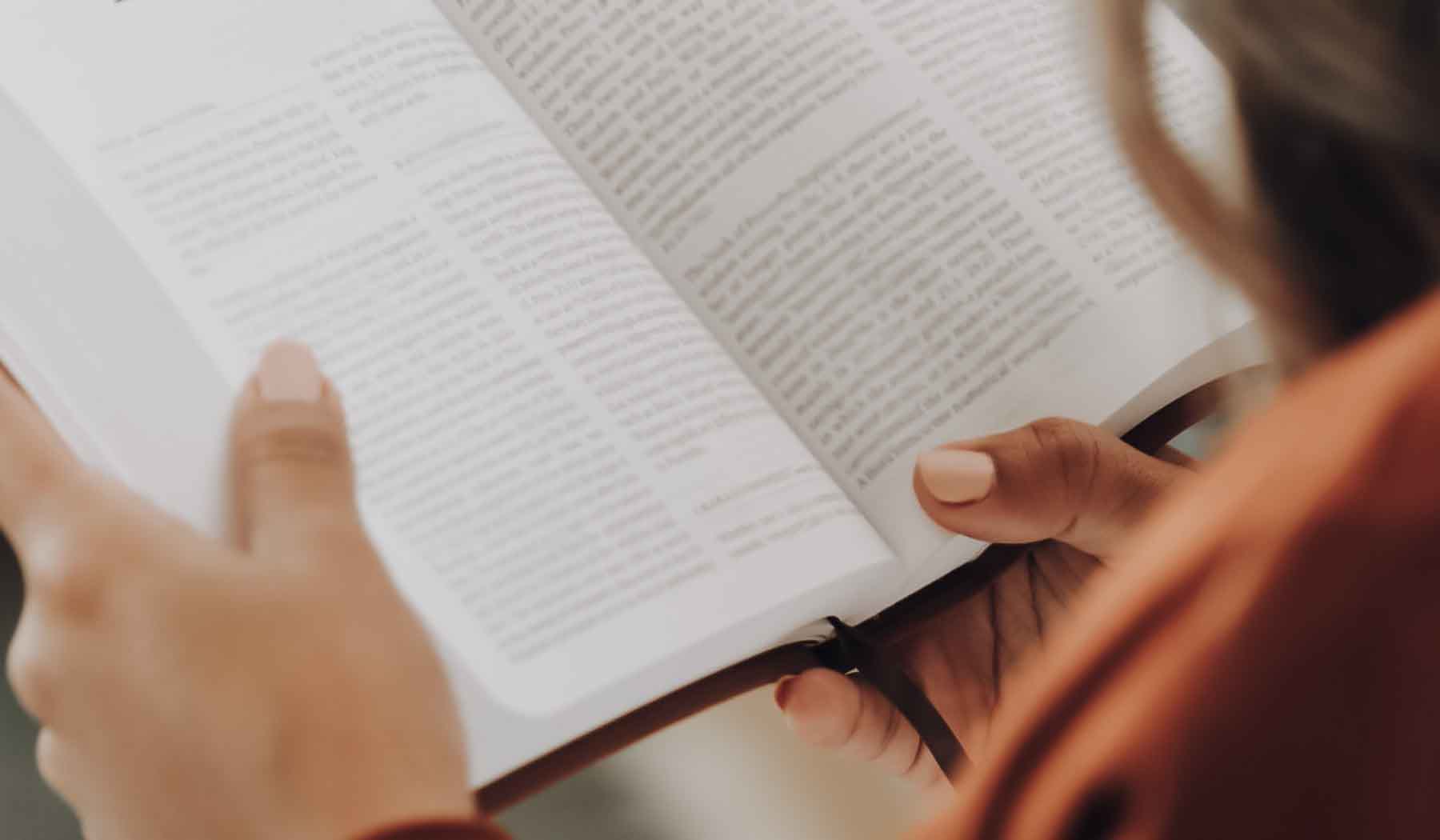Reading is an essential part of learning and personal growth, but with so much information available, it can be overwhelming to keep up with it all.
That’s why it’s important to read effectively and efficiently, so you can get the most out of every book, article, and document you come across.
Let’s explore some tips and strategies for making the most of your reading time.
Set a Purpose
Before you start reading, take a moment to consider why you’re reading.
Are you looking to learn something new, expand your knowledge on a particular subject, or simply escape into a good story?
Knowing your purpose will help you stay focused and avoid getting sidetracked by irrelevant information.
Pre-Read
Before diving into a new book or article, take a few minutes to preview it.
This means looking at the table of contents, headings, and subheadings, and skimming the first few pages to get a sense of what the author is trying to accomplish.
This will help you understand what to expect and what information is most important to pay attention to.
Take Notes
As you read, take notes on the key ideas and concepts you encounter.
This will help you retain the information better, and you’ll have a reference to look back on later.
You can use a physical notebook or an electronic tool, such as Evernote or Google Keep, to store your notes.
Highlight
Highlighting key passages and information as you read can help you focus and identify the most important information.
However, be careful not to highlight everything, as this can actually make it harder to digest the information later.
Focus on the most critical points, and consider adding symbols or annotations to help you remember why you highlighted that particular passage.
Summarize
After you’ve finished reading, take a few minutes to summarize what you’ve learned.
This could be in the form of a one-page summary, a bulleted list of key points, or even a visual representation like a mind map.
This will help you recall the information more easily and retain it for longer.
Reflect
Take time to reflect on what you’ve read and how it applies to your life or work.
This could involve thinking about how you can use the information in practical ways, considering how it challenges your current beliefs, or connecting it to other things you already know.
Discuss
Consider discussing what you’ve read with others. This could be a colleague, a friend, or a group of people with similar interests.
Talking about what you’ve learned can help you better understand the material, and it provides a chance to learn from others’ perspectives.
Take Breaks
Reading for long periods of time can be mentally exhausting, so it’s important to take breaks.
Taking a five to ten-minute break every hour or so can help you stay focused and avoid burnout.
During your break, you could go for a walk, stretch, or simply relax and clear your mind.
Speed Reading Techniques
If you’re looking to read more efficiently, you may want to consider using speed reading techniques.
One popular method is the “Eyespan” technique, which involves using your finger or a pen to guide your eyes across the page, helping you avoid the temptation to re-read the same line or go back over information you’ve already covered.
Another option is to increase your reading speed by gradually reducing the amount of time you spend on each word, working your way up to reading faster and faster.
Manage Distractions
Finally, it’s important to manage distractions when you’re reading.
This could mean turning off your phone, finding a quiet place to read, or using noise-cancelling headphones to block out background noise.
By eliminating distractions, you can stay focused and avoid wasting time on irrelevant information.
In conclusion, effective and efficient reading is about more than just skimming through pages.
By setting a purpose, pre-reading, taking notes, highlighting, summarizing, reflecting, and discussing, you can get the most out of every book, article, and document you read, and improve your understanding and retention of information.
Try incorporating these strategies into your reading routine, and you’ll be amazed at the difference they make.










